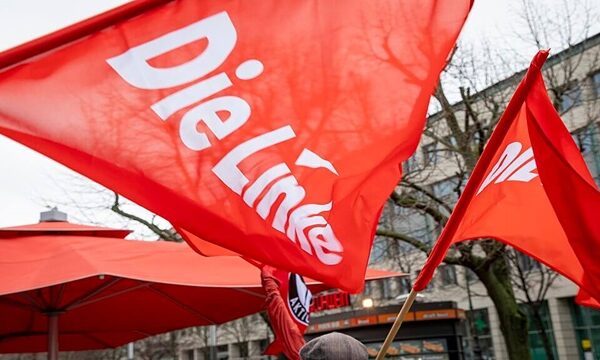
German election: Instability and polarization strengthened
The political contours of the “Zeitenwende” – the “turning point – the geopolitical shift that is bringing down the once-successful model of German capitalism have

The political contours of the “Zeitenwende” – the “turning point – the geopolitical shift that is bringing down the once-successful model of German capitalism have
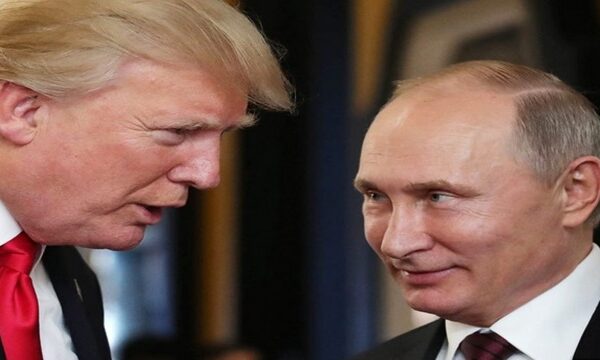
By Walter Chambers, 24 February 2025 So shocking was the speech delivered by US Vice President JD Vance at the Munich Security Conference that the
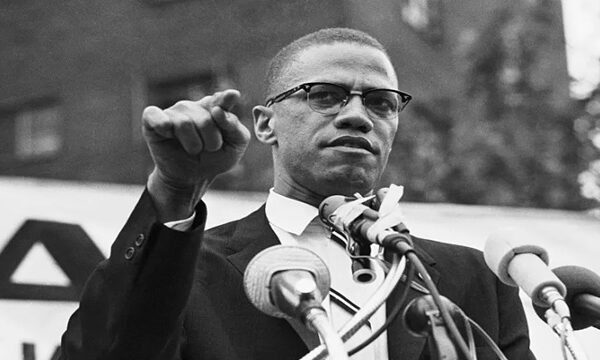
By Drew Frayne, Socialist Party Ireland, 21 February 2025 Sixty years ago el-Hajj Malik el-Shabazz, known to the world as Malcolm X, was murdered. His

By Paul Smith, 14 February 2025 Trump’s threats accelerate Greenland’s push for independence, amid growing dangers of imperialist exploitation and conflict, as the Arctic becomes

PRMI reporters spoke to Cerys Keane, Organiser of the “Save nursing” campaign. 14 February 2025 When Britain’s National Health Service is facing a severe crisis,
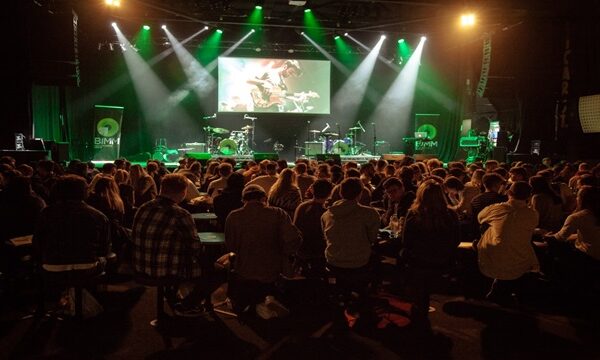
By Kate Quinlan, BIMM graduate, class of 2024, 14 February 2025 The proposed mass redundancies at BIMM Dublin, one of Ireland’s most prestigious music colleges,
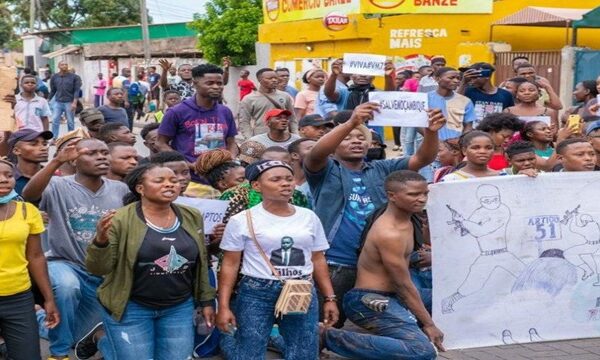
By PRMI reporters, 12 February 2025 The greatest mass uprising in Mozambique’s recent history took place from late 2024 to early 2025, in defiance of
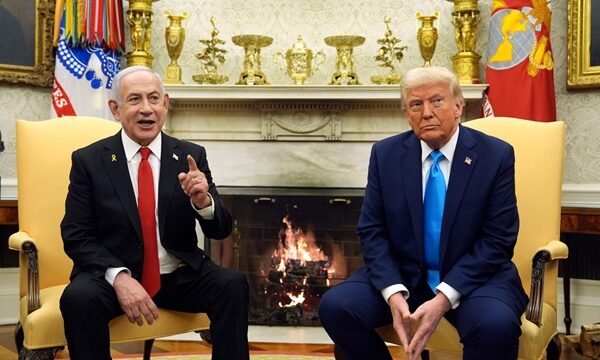
By Socialist Party Ireland reporters, 6 February 2025 The Gaza genocide is continuing. Trump has announced an outrageous plan for the wholesale ethnic cleansing of
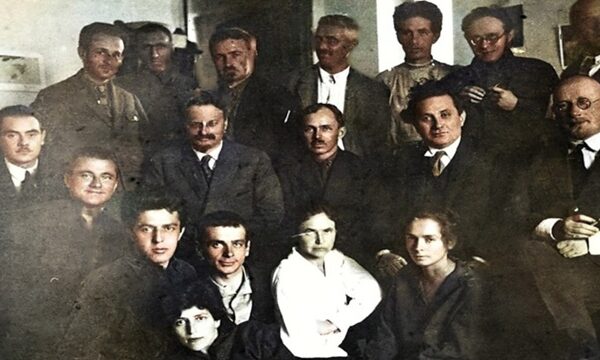
Part 1: Origins of the Left Opposition In coming weeks, PRMI will be publishing a series of articles on the history of the revolutionary movement
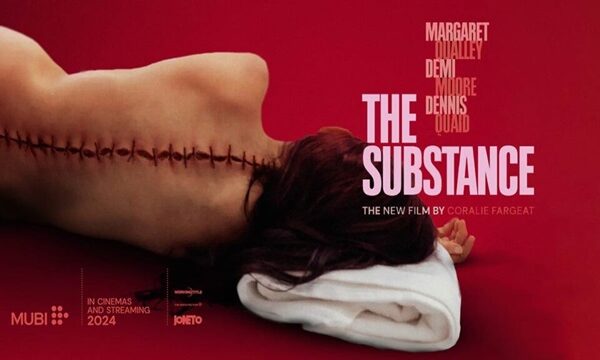
By Steph Lacey (Socialist Party Ireland) 5 February 2025 The Substance is a satirical, body-horror film that centres around the character of Elisabeth Sparkle, a fading
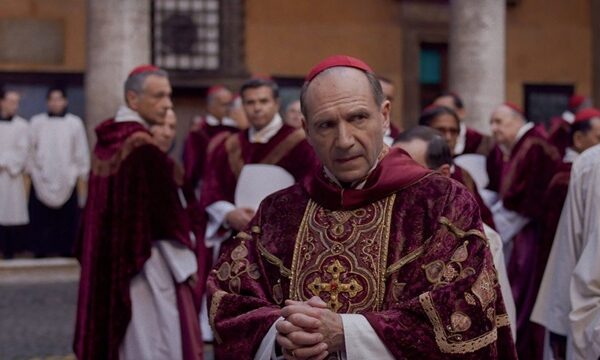
By Michael O’Brien (Socialist Party Ireland) 5 May 2025 Already the recipient of multiple nominations for various movie and TV award ceremonies, Conclave dramatises a fictional papal